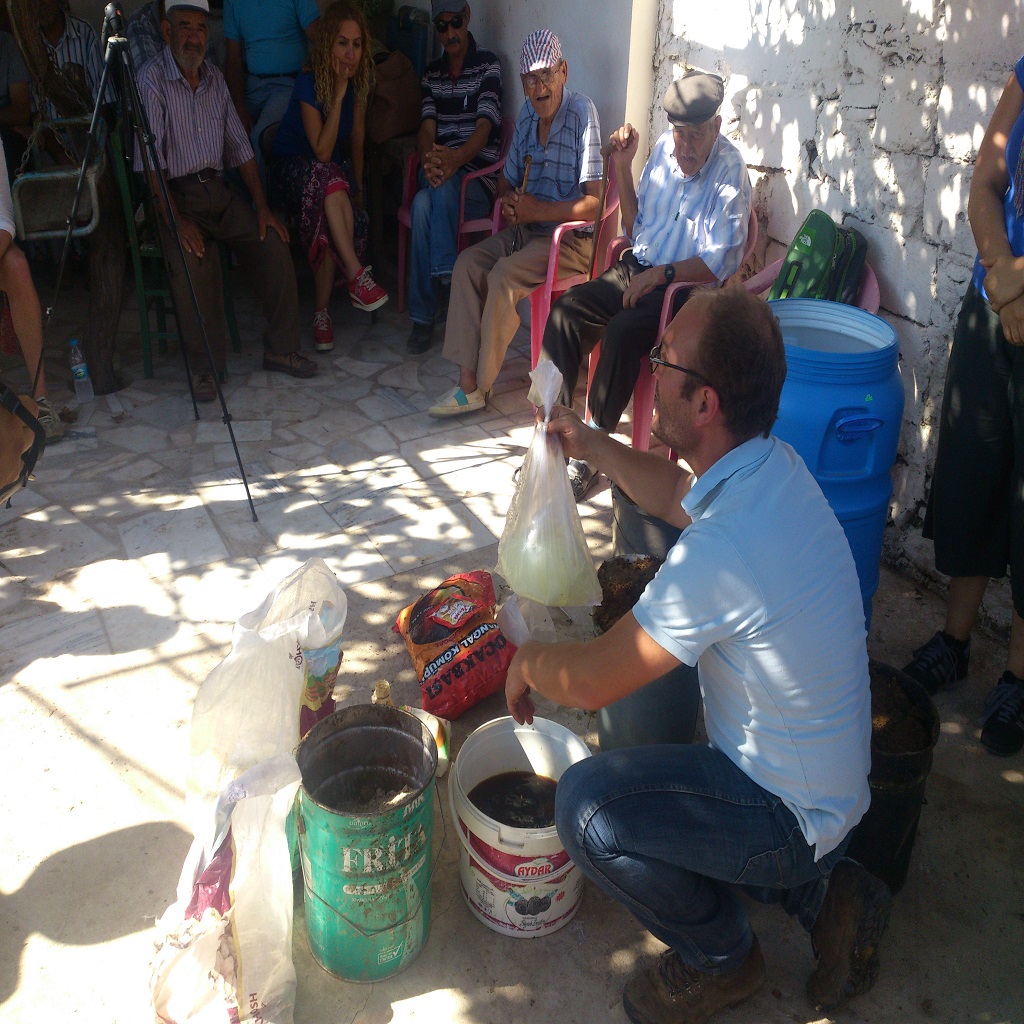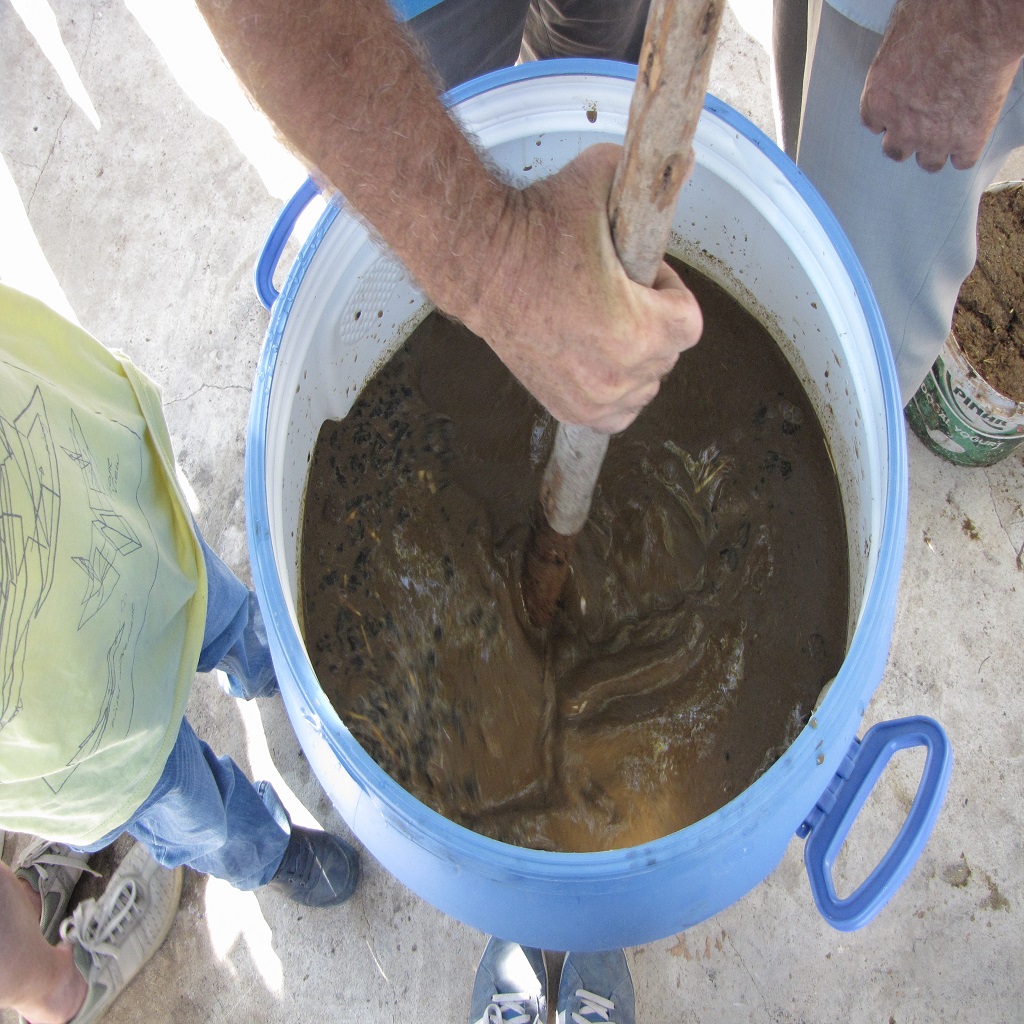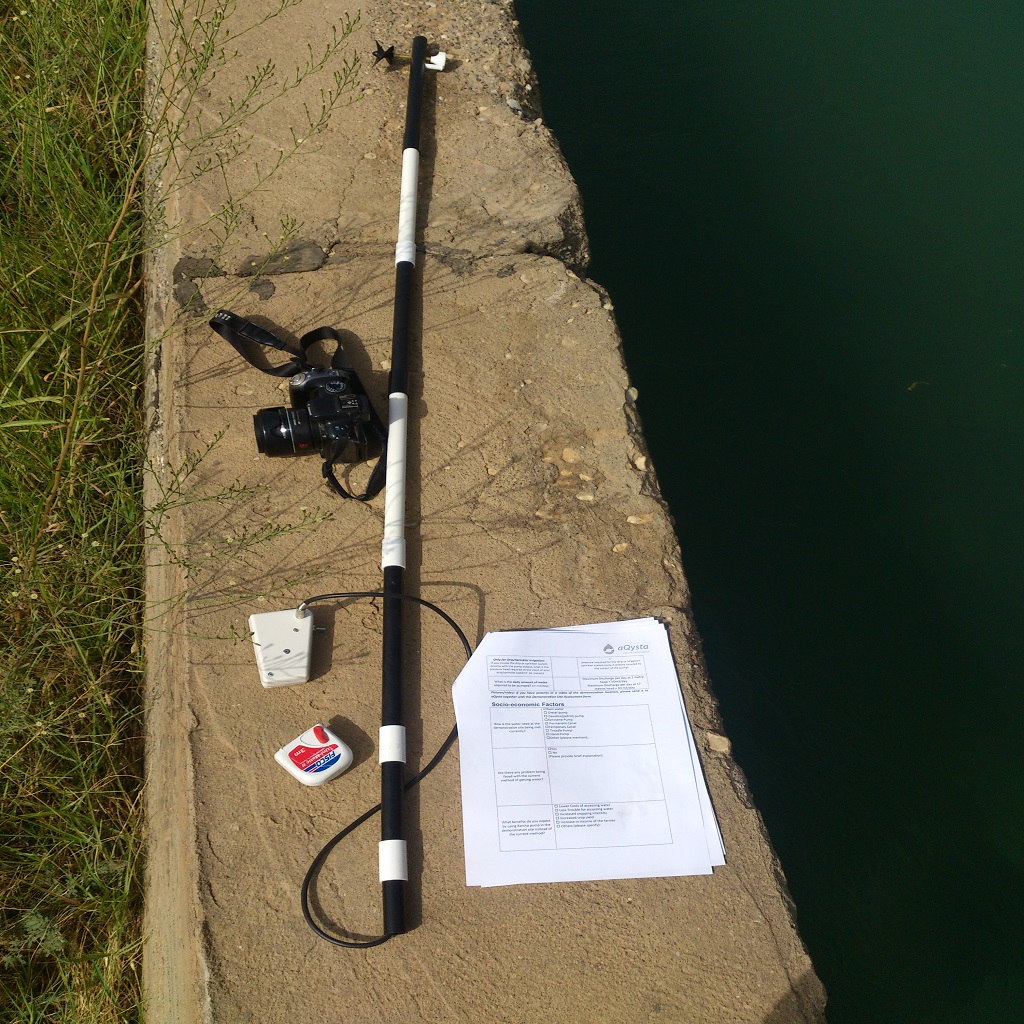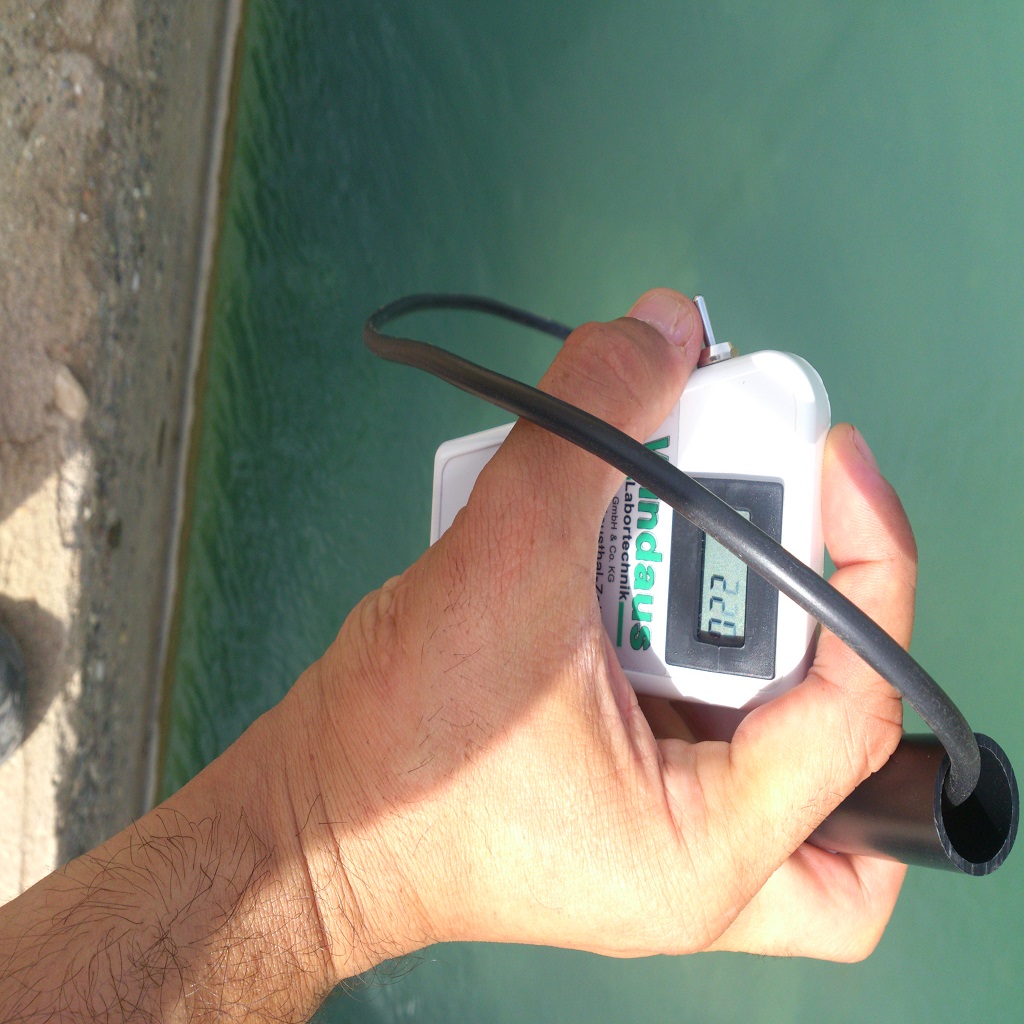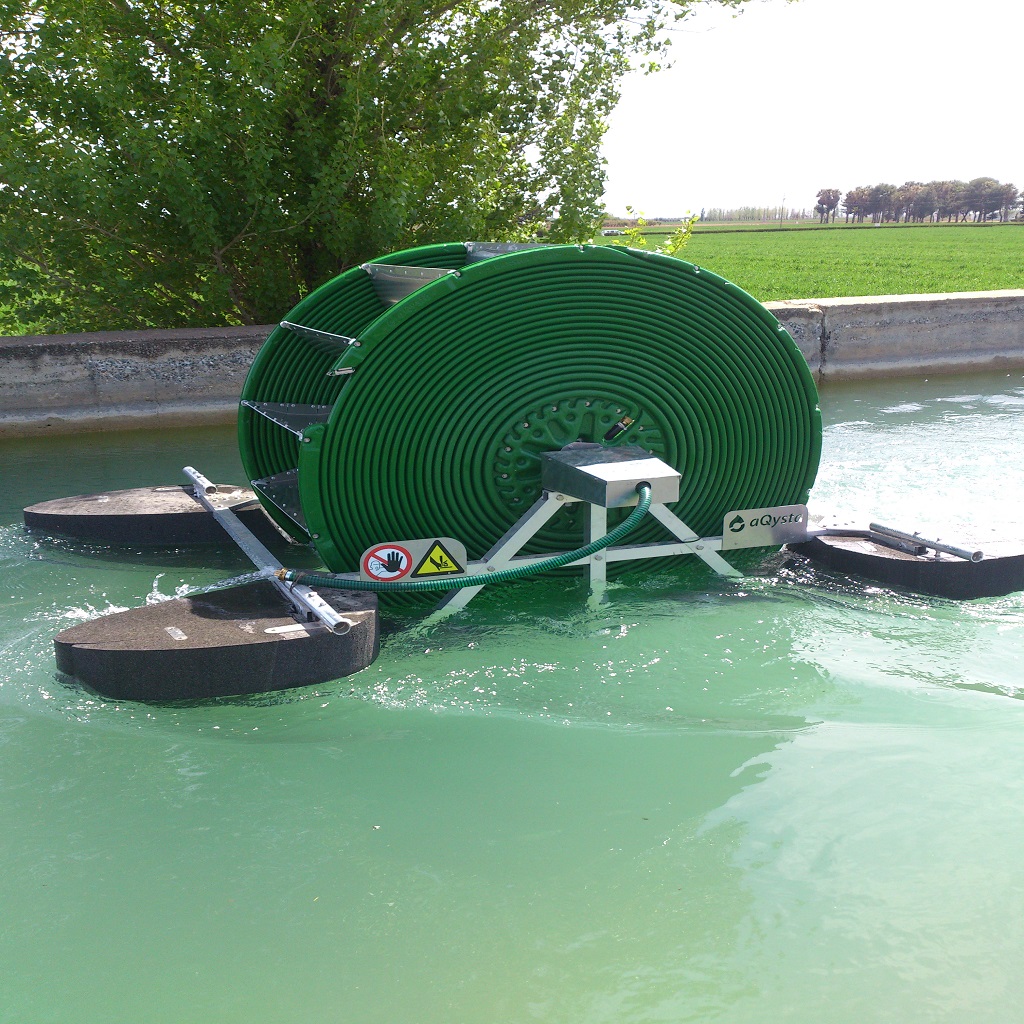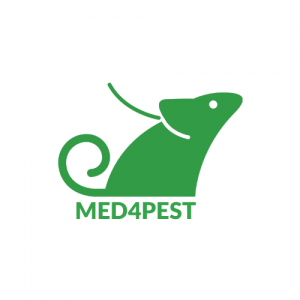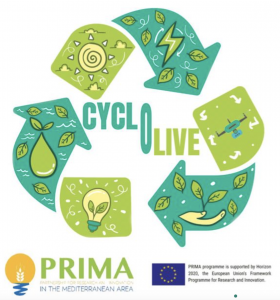Projelerimiz
Waterpads
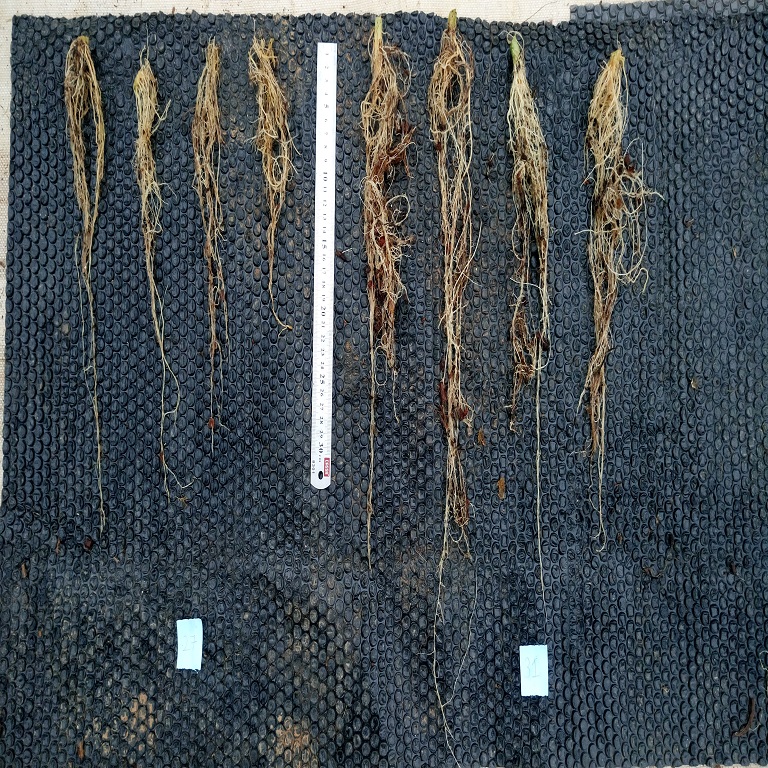
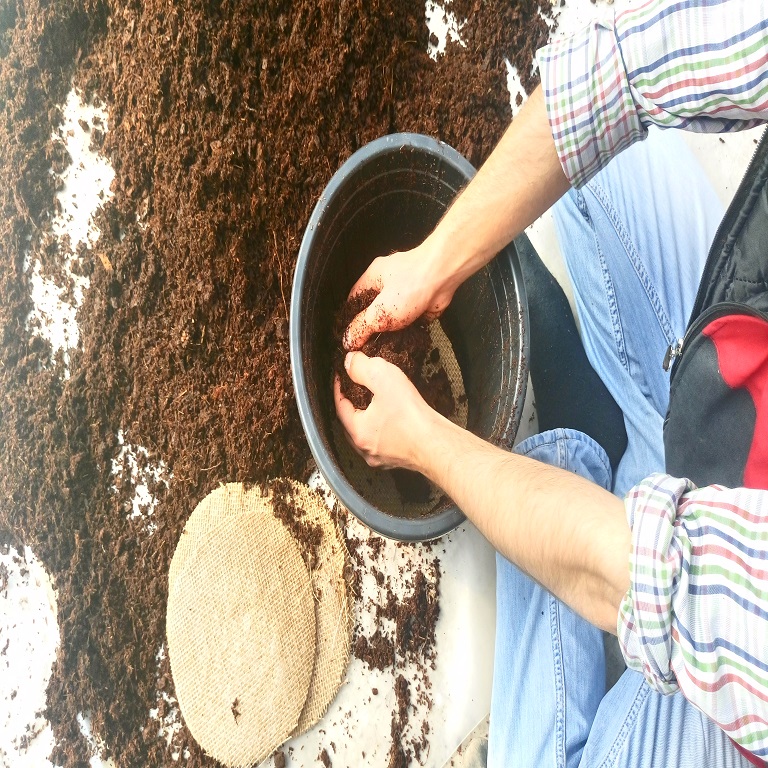

Greenhouse farming Training in Ethiopia
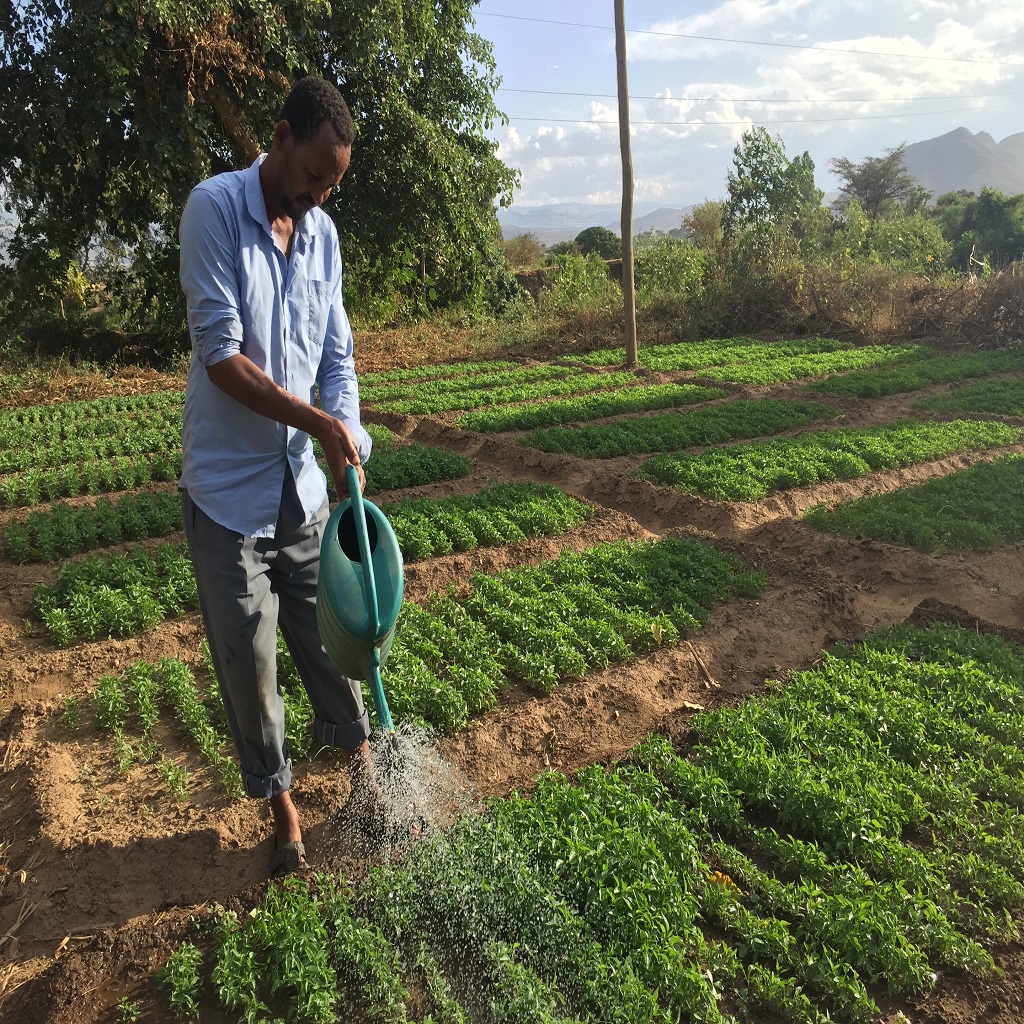

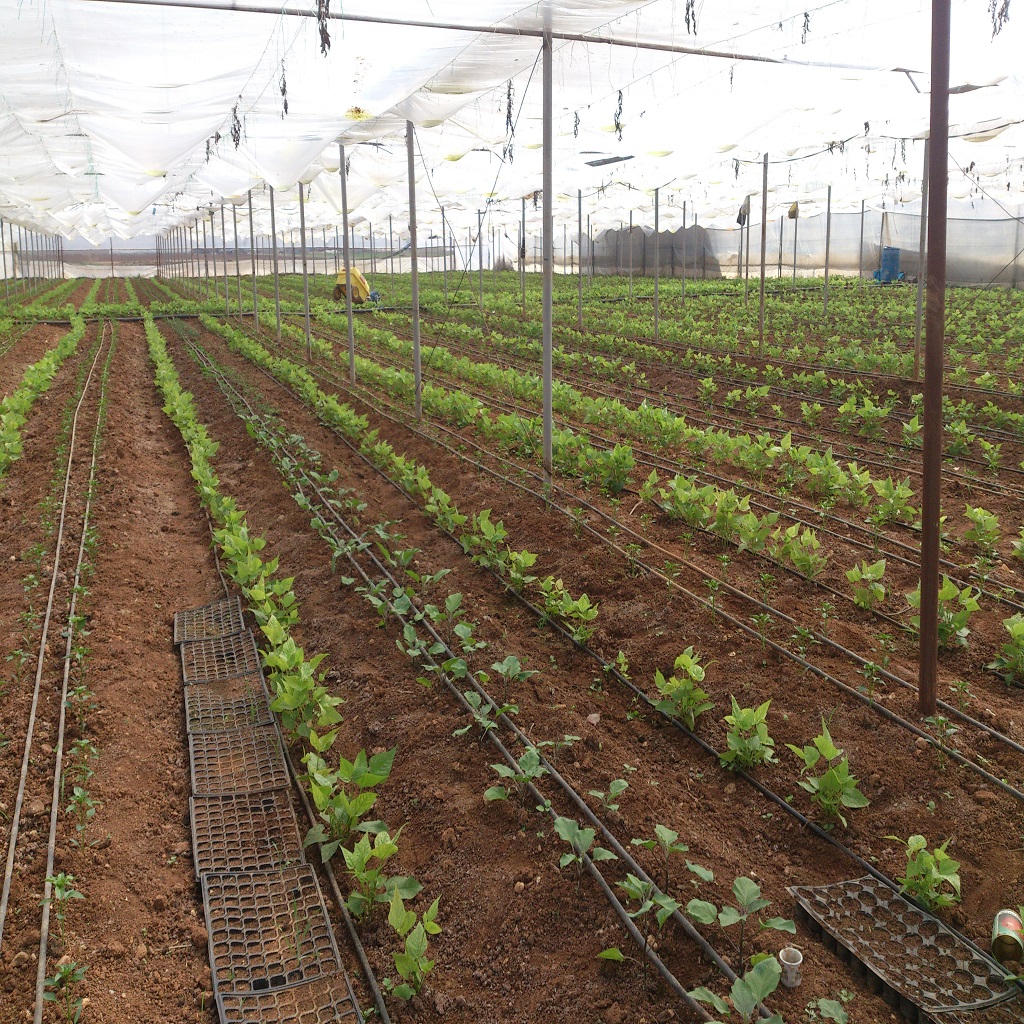
Bio-Rodenticide
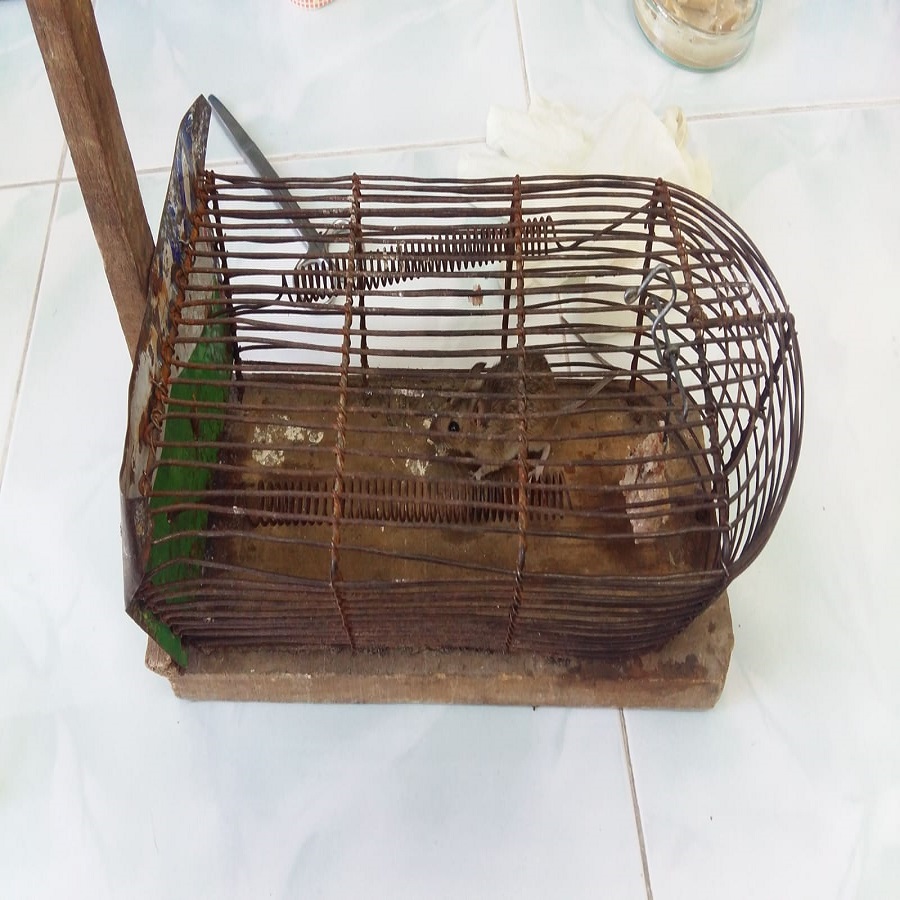


Mediterranean wAter management solutions for a sustainable aGriculture supplied by an Online collaborative platform (MAGO)
The project will offer new participatory processes for water and innovation governance, enhance monitoring and modeling for better water use efficiency and soil conservation, and improve the planning and operation of wastewater reuse systems in agriculture. The project’s goal is to contribute new solutions for climate change adaptation. Coordinated by the Spanish research company Cetaqua, the project includes a consortium of 10 partners: Aigües de Barcelona, CSIC, and the Barcelona Metropolitan Area (AMB) from Spain; INRAE and LISODE from France; the University of Thessaly from Greece; the INRGREF Institute and Ezzayra Solutions from Tunisia; the American University of Beirut from Lebanon; and MetaMeta Anatolia from Turkey. [https://www.mago-prima.eu/](https://www.mago-prima.eu/)
MED4PEST
MEDiterranean alliance for ecological PEST
management
Project Partners:
- Hellenic Mediterranean University, Greece
- Mohammed V University of Rabat, Morocco
- INRA, Morocco
- CYENS, Cyprus
- MetaMeta Research, The Netherlands
https://med4pest.org/
https://tubitak.gov.tr/tr/duyuru/prima-bolum-2-section-2-2021-sonuclari-aciklandi
"ReCYCLing OLIVE oil extraction byproducts for sustainable agricultural practices in the Mediterranean region," aimed to obtain bio-polymers from the solid waste generated during olive oil production. The bio-polymer to be derived from olive pomace will be used as an environmentally friendly material in the agricultural sector. The project seeks to create a sustainable cycle by utilizing the solid waste produced during olive oil production to produce biochar.
Project partners:
MetaMeta Anatolia, Turkey
University of Cadi Ayyad, Morocco
University of Florence, Italy
University of Turin, Italy
Forschungsverbund Berlin e.V., Germany
Spanish National Research Council, Spain
University of Jordan, Jordan
University of Sfax, Tunisia
Hydraulic Basin Agency of Tensift, Tunisia
Sustainable Antimicrobial Packaging based on a Healthy Intelligent Renewable Approach(SAPHIRA) plans to extend the shelf life of food products by developing antimicrobial packaging systems and nano-edible coatings using agricultural waste. Additionally, the packaging technologies to be developed aim to extend the shelf life of fruits, offering consumers healthier products for a longer period.
Project partners:
MetaMeta Anatolia, Turkey
University of Niccolò Cusano, Italy
Research Centre for Olive, Fruit and Citrus Crops, Italy
Universidad de Granada, Spain
Universidad de Alicante, Spain
Laboratoire de recherche en Informatique, Tunisia
Université de Tunis El Manar, Tunisia
National Research Centre, Eygpt
University of Cadi Ayyad, Morocco


